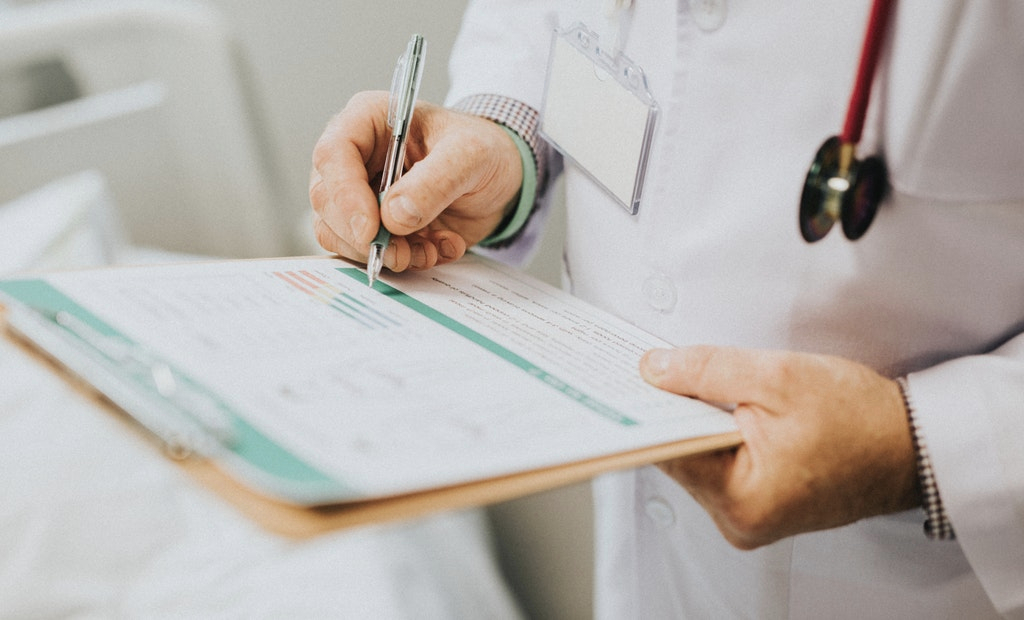New study suggests no evidence between breast cancer screening and mortality rate

The results of a recent survey have been revealed, seemingly showing that there is no evidence that screening women for breast cancer will have an impact upon their mortality.
The research, which has been published in the journal of the Royal Society of Medicine, will no doubt add to the ongoing debate regarding the usefulness of screening programmes.
The authors of the research wrote: “We permuted the data in a number of different ways, over an observation period of 39 years, but the data shows that, at least as yet, there is no evidence of an effect of mammographic screening on population-level breast cancer mortality.”
The research examined the mortality trends across England both prior to and after the introduction of the NHS breast screening programme in 1988.
Toqir Mukhtar, lead researcher, said that although the results did not completely rule out benefits of breast cancer screening for individual women “the effects are not large enough to be detected at the population level”.
She added: “Measuring the effectiveness of mammography screening is a fundamental area of concern in countries which have established mammography screening programmes…. Clinical trials have indicated that several years have to elapse between the start of screening and the emergence of a reduction in mortality. Yet our data shows that there is no evidence of an effect of mammographic screening on breast cancer mortality at the population level over an observation period of almost 40 years.”
Chief executive of the charity Breast Cancer Campaign, Lady Delyth Morgan, said: “While research into breast screening is welcomed, conflicting findings from different studies can be confusing for women.”
She went on to advocate the benefits of breast screenings, saying: “The most in-depth study of breast screening to date remains the recent independent breast screening review, which comprehensively looked at all available evidence. It concluded that screening does save lives by helping to detect breast cancers earlier. The quicker women are diagnosed the better their treatment options so we encourage all women to continue to attend screening when invited to do so.”
Molly Kersey




















Facebook
Twitter
Instagram
YouTube
RSS